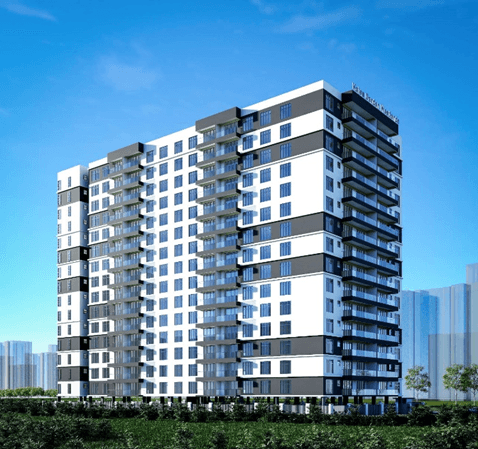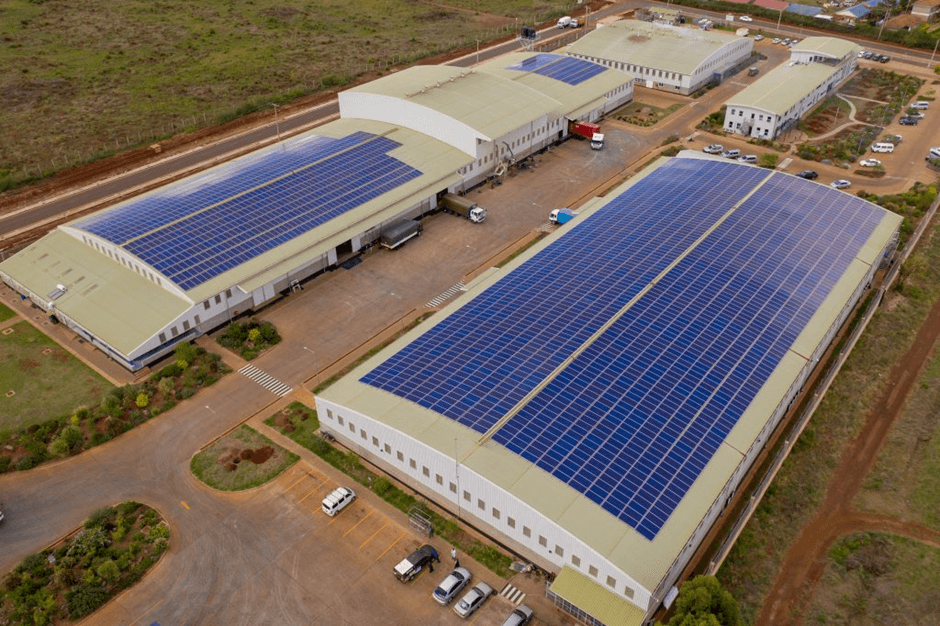
Real Estate Trends: Is Now the Right Time to Invest in Kenya?

Source: Khusoko
Kenya’s real estate sector has experienced steady growth over the past decade, driven by rapid urbanization, infrastructure development, and government policies promoting affordable housing. In 2025, the market is projected to reach a value of KES 773.02 billion, with the residential segment alone contributing KES 693.88 billion (Statista). As urbanization continues at an annual rate of 4.3%, investment opportunities in various real estate segments are emerging across the country.
Market Overview
Residential Real Estate Growth


Source: Ravi Homes and Sir Francis Marketing and Consultants Ltd
Housing Demand: Kenya faces a housing deficit of approximately 2 million units, growing by 200,000 units annually (Kenya National Bureau of Statistics – KNBS).
- Affordable Housing Initiatives: The government’s Affordable Housing Program targets constructing at least 200,000 units annually to close the gap.
- Urban Centers Growth: Nairobi remains the largest market, with suburbs like Westlands, Kilimani, and Karen witnessing a surge in high-end apartments and gated communities.
- Emerging Cities: Nakuru, Kisumu, and Eldoret are becoming attractive due to infrastructural development and economic growth.
Commercial Real Estate Trends

Source: CitiScape Valuers
- Mixed-Use Developments: Integrated developments combining residential, office, and retail spaces are on the rise, especially in Nairobi’s Upper Hill and Westlands.
- Office Spaces: While the demand for traditional office spaces is declining due to hybrid work models, co-working spaces are gaining traction.
- Retail Spaces: Kenya’s retail sector has seen a boom, with shopping malls like Two Rivers Mall and Garden City Mall attracting international brands.
Industrial and Logistics Real Estate

Source: Tatu City
- Growth of Industrial Parks: The rise of e-commerce and regional trade has driven demand for warehousing and logistics parks.
- Key Industrial Hubs: Tatu City, Konza Technopolis, and Naivasha Industrial Park are major investment destinations for industrial real estate.
Investment Hotspots
1. Nairobi Metropolitan Area
- Prime areas: Westlands, Kilimani, and Lavington offer high rental yields.
- Upcoming areas: Ruaka, Ruiru, and Syokimau provide affordable alternatives with growing infrastructure support.
2. Coastal Real Estate (Mombasa, Diani, Malindi)
- Luxury properties: High-end beachfront properties are attractive for both local and international buyers.
- Short-term rentals: Airbnb and holiday rentals offer lucrative returns due to Kenya’s growing tourism industry.
3. Satellite Towns (Nakuru, Kisumu, Eldoret)
- Infrastructure projects, including road networks and economic hubs, are driving real estate expansion.
- Land prices in these towns have increased by over 30% in the past five years (Real Estate Kenya).
Factors Influencing Real Estate Growth
Economic Growth
- Kenya’s GDP is projected to grow at 5.0% in 2024, slightly lower than 5.6% in 2023, but still a positive indicator for real estate (Knight Frank).
- Inflation and currency fluctuations remain challenges but are being mitigated through policy interventions.
Government Policies
- Affordable Housing Program: Providing incentives for investors, including tax breaks and access to land.
- Real Estate Investment Trusts (REITs): Encouraging transparency and structured investment opportunities.
Infrastructure Development

Source: The Standard (Kenya)
- Expressways & Road Networks: Expansion of highways, including the Nairobi Expressway and Mombasa-Nairobi Railway, is improving accessibility.
- Smart Cities: Konza Technopolis is set to become Kenya’s first smart city, offering tech-driven real estate opportunities.
Key Investment Strategies for 2025
- Focus on Affordable Housing: High demand and government support make this sector a stable investment.
- Leverage Mixed-Use Developments: Combining residential, commercial, and retail spaces maximizes returns.
- Invest in Satellite Towns: Growth in Nakuru, Kisumu, and Eldoret presents affordable entry points with high appreciation potential.
- Explore REITs: Investing in real estate through REITs can provide stable income with reduced risk.
Conclusion
Kenya’s real estate market in 2025 presents lucrative opportunities across residential, commercial, and industrial segments. With urbanization, infrastructure development, and government policies shaping the sector, investors can capitalize on emerging trends and high-growth areas. Conducting thorough market research and aligning investments with economic trends will be key to success.
Reference Links:
- Statista – Kenya Real Estate Market
- Kenya National Bureau of Statistics
- Knight Frank – Kenya Market Report
- Real Estate Kenya – Market Trends








